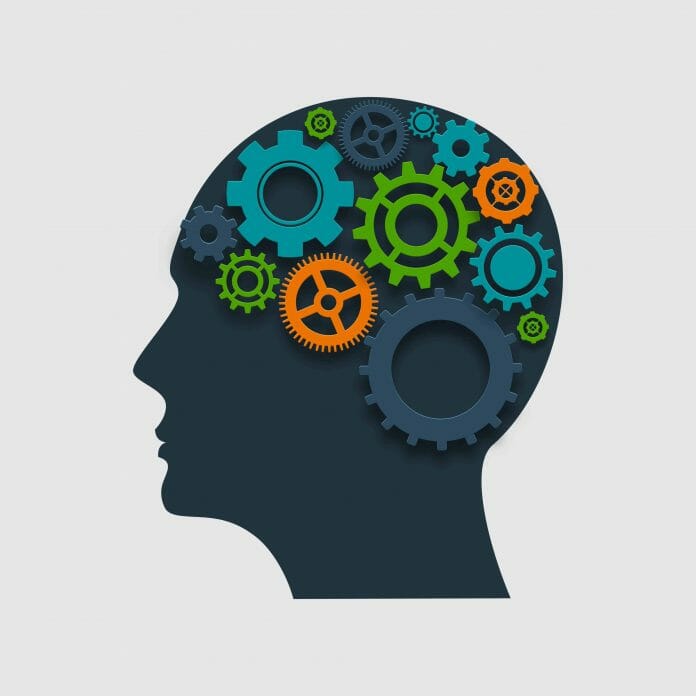Accountants must adapt and learn to use the tools at their disposal to upskill themselves to remain relevant, increase credibility and competitiveness in the digital era. Being gatekeepers of the company’s finances, accountants must embrace Industry 4.0.
The latest research published by ACCA (the Association of Chartered Certified Accountants), Machine learning: more science than fiction highlights how new technological developments have massive potential for the accountancy profession. Malaysia is one of seven countries included in the global report that focuses on machine learning which is the ability of computers to ‘learn’ and make decisions for predictions based on analysis of large sets of data.
According to the report, 69 percent of accountants in Malaysia believe that the main challenge is the lack of skilled staff to lead the adoption. This is a big concern as 59 percent of accountants project that AI will become a reality for corporate Malaysia within the next three years.
With this timeline in mind, only 20 percent of organisations are in initial discussions and exploring ideas for adoption, while 10 percent are in testing phases. And, 5 percent of organisations are in full production mode, already sifting through the live data.
Alternately, 36 percent of respondents have no plans for adoption at all. Some of the reasons are cost implications (54 percent) and not seeing any clear benefits from using machine learning (21 percent).
“Machine learning is a critical area of development for accountants. Looking ahead it will be crucial to understand its value and benefits, as well as the ethical challenges it presents. In all this, the starting point has to be a legitimate business need with a clear understanding of what it can bring to the organisation,” says Narayanan Vaidyanathan, the report’s author and Head of Business Insights at ACCA.
“Artificial Intelligence and machine learning can add value to the work accountants do – from generating valuable insights for business decision-making, to fraud detection, risk assessment, understanding complexities in taxation and also with more effective non-financial reporting. So, the accountancy profession needs to understand how AI and machine learning works, especially given its role in influencing the trust we have in the decisions of these systems,” he adds.
Edward Ling, Head of ACCA Malaysia says, “Machine learning’s entrance into the accountancy mainstream is a huge opportunity here in Malaysia, and also globally. This is an area where professional accountants have the chance to develop a core understanding of emerging technologies, while continually build their interpretive, contextual and relationship-led skill. They can then truly benefit from the ability of technologies like machine learning to support them with intelligent analysis of vast amounts of data.”
ACCA emphasises that at the least, all finance professionals should know how AI is evolving and be alert to how the developing capabilities could overlap and impact on their roles. To prepare for the digital future, ACCA already examines a range of digital topics within its Masters level ACCA Qualification. It has also enhanced the digital content across many of the exams for students, while ensuring digital is weaved into members’ continuous professional development.









